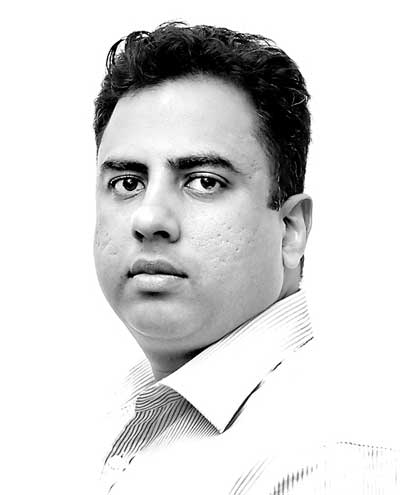04 Dec 2015 - {{hitsCtrl.values.hits}}
 With a foot firmly planted in a US $ 660 billion industry, Leapset is transforming the face of the IT industry of Sri Lanka. Spearheading the model of bleeding edge product innovation, the Valley-based start-up is well on its way to achieving its ambitious growth plans.
With a foot firmly planted in a US $ 660 billion industry, Leapset is transforming the face of the IT industry of Sri Lanka. Spearheading the model of bleeding edge product innovation, the Valley-based start-up is well on its way to achieving its ambitious growth plans.
25 Nov 2024 43 minute ago
25 Nov 2024 1 hours ago
25 Nov 2024 1 hours ago
25 Nov 2024 2 hours ago
25 Nov 2024 3 hours ago